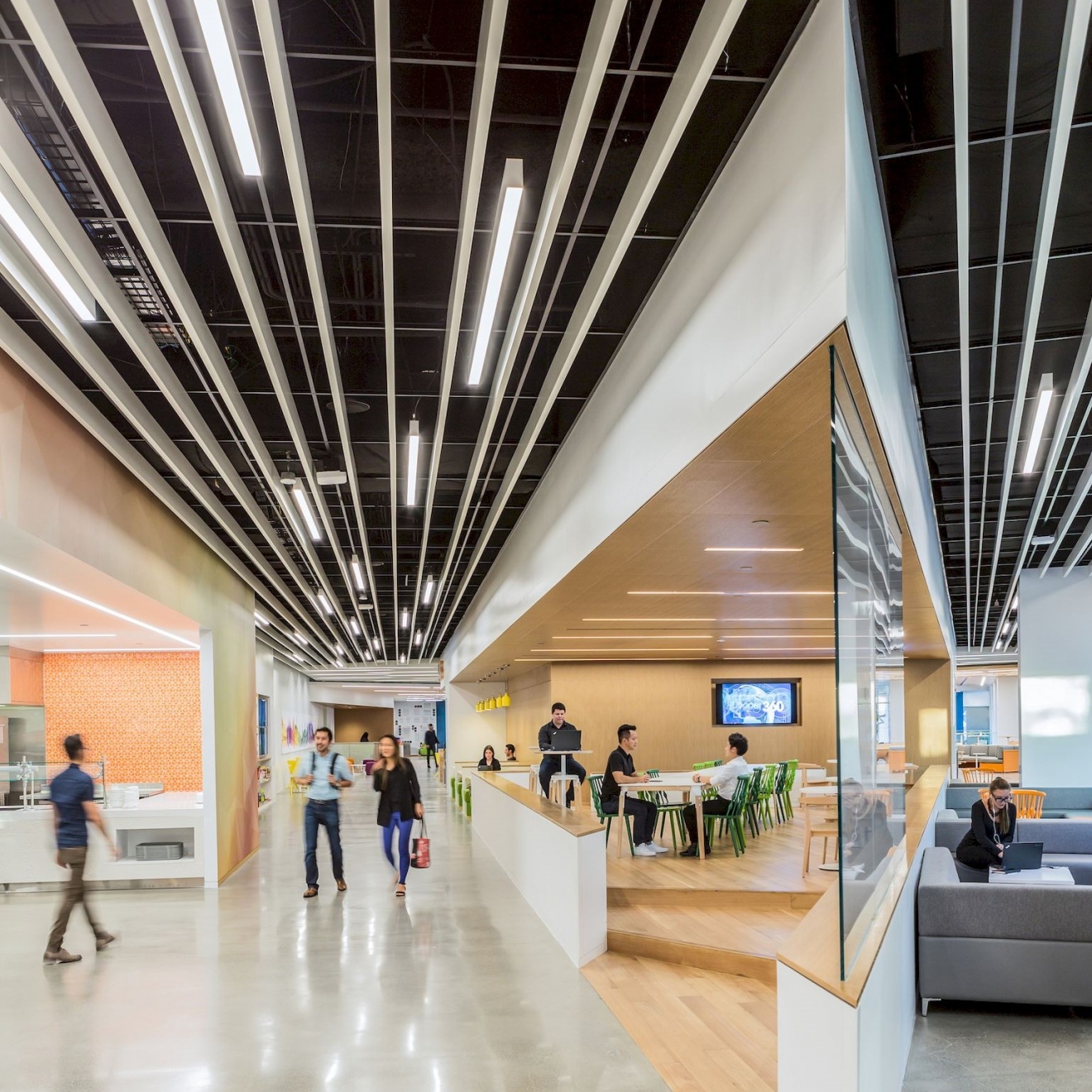November 7, 2019
Real estate set to remain an attractive investment despite challenging environment
 Europe’s property leaders continue to have faith in real estate as an attractive option for investments, despite a number of significant political and economic challenges, according to the latest Emerging Trends in Real Estate Europe 2020 report. With interest rates set to stay lower for longer and bond yields in many European countries in negative territory, real estate income retains its broad appeal to investors, especially in comparison to other asset classes. Equity and debt are expected to remain plentiful for most real estate sectors. The report, published annually by the Urban Land Institute (ULI) and PwC, is based on the opinions of over 900 real estate professionals across Europe, including investors, developers, lenders, and advisers. (more…)
Europe’s property leaders continue to have faith in real estate as an attractive option for investments, despite a number of significant political and economic challenges, according to the latest Emerging Trends in Real Estate Europe 2020 report. With interest rates set to stay lower for longer and bond yields in many European countries in negative territory, real estate income retains its broad appeal to investors, especially in comparison to other asset classes. Equity and debt are expected to remain plentiful for most real estate sectors. The report, published annually by the Urban Land Institute (ULI) and PwC, is based on the opinions of over 900 real estate professionals across Europe, including investors, developers, lenders, and advisers. (more…)



































October 25, 2019
Fine tuning office design and its most wonderful invention to our needs
by Mark Eltringham • Comment, Workplace design